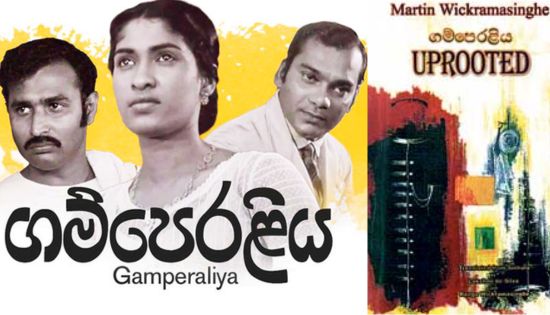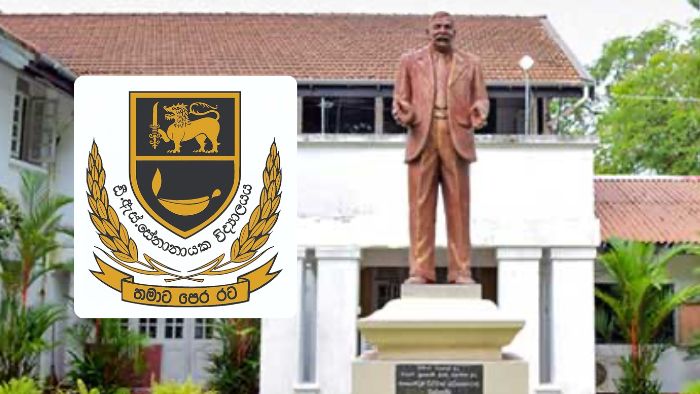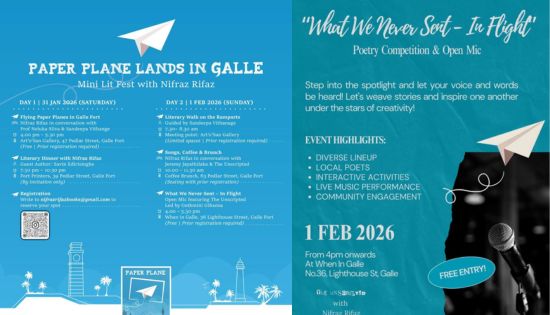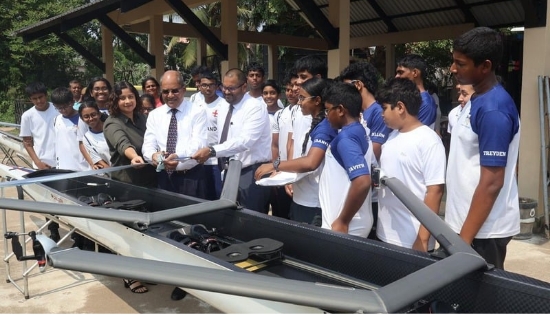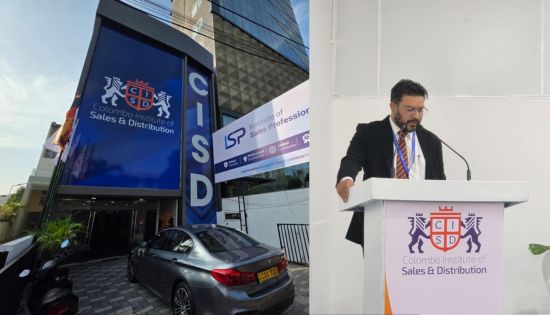Convenience vs Credibility: A Policy Call to Rethink Exams in Sri Lanka’s Artificial Intelligence-Era Education Boom
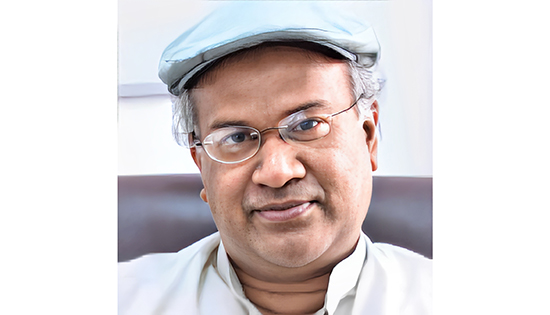
The Changing Landscape of Higher Education in Sri Lanka
Sri Lanka’s higher education system is evolving rapidly. Alongside the long-established public university system, which has historically upheld rigorous academic standards, a vibrant private and transnational education sector has emerged. These global education providers, including campuses offering foreign diplomas and higher national qualifications, are increasingly attractive to students seeking international recognition, flexible learning, and career-oriented programs. Much of this expansion has been fueled by convenience particularly in the form of assignment-based assessment models that allow students to complete their coursework off campus and on flexible schedules. While such delivery has broadened access, it has also introduced a new challenge to academic integrity: the unchecked use of artificial intelligence (AI).
Assessment Vulnerabilities in the AI Era
The rise of AI tools such as ChatGPT, Gemini, and Claude has made it easier than ever for students to generate assignment content. These tools can produce coherent, well-structured, and grammatically correct essays or reports with in minutes. In systems where assignments are the primary or sole method of assessment, educators may be unable to verify whether submitted work reflects a student’s understanding or the output of an algorithm. This has created a growing crisis of confidence, particularly in qualifications delivered entirely through unsupervised coursework. The danger is clear: if academic performance can be simulated by machines, then assessment no longer serves its purpose as a measure of human learning.
Why Public Universities Are Still Trusted
In contrast, Sri Lanka’s public universities have retained their reputation for academic integrity, largely due to their continued reliance on in situ, time bound examinations conducted under supervision. These traditional methods although often critiqued as outdated have proven resilient against AI misuse. Public institutions also frequently include oral examinations or viva voces, which give educators direct insight into students’ comprehension. As result, degrees from public universities continue to comm and strong trust among employers and the wider community. In today’s context, this trust stems not from tradition, but from robust assessment practices that have withstood the test of AI intrusion.
Reframing the Problem: AI Is Not the Enemy
AI should not be viewed as an adversary. It is a powerful educational aid that can enhance learning, facilitate exploration, and support student development when used ethically. The real problem lies in assessment models that have not evolved to detect or discourage unauthentic performance. If we continue to evaluate only the end product without validating the learning process, we risk rewarding technological mimicry over genuine understanding. This is not an issue of banning AI, but of designing assessments that continue to reflect the learner’s intellectual contribution, regardless of the tools used.
A Path Forward: Strengthening Assessment Integrity
To protect the integrity of qualifications and ensure equity a cross Sri Lanka’s education system, it is essential to reform assessment strategies across both public and private sectors. One critical step is their introduction of in-situ, time-bound assessments for core components of every course. While private institutions may maintain flexibility in course delivery, certain assignments must be completed under supervised conditions either on site or using proctored online systems. The reassessments can remain open -book or scenario-based to encourage critical thinking, but they must verify that students are independently producing their responses. Such an approach restores trust in outputs while preserving the accessibility of flexible education. In addition, educational providers should integrate brief oral components into coursework such as video reflections or viva-style defenses of major assignments. These require students to articulate their thought processes and justify their responses. Even short, five-minute explanations can help educators distinguish between genuine learning and AI-dependent sub missions. Assignment design itself also require surgent attention. Tasks should be contextualized to Sri Lanka’s local realities or industry-specific challenges. Students can be asked to solve problems based on actual case studies, gather insights from field interactions, or provide reflective analysis of current events. These types of assessments are more difficult for AI to replicate meaningfully and encourage learners to engage with their communities and professions. Moreover, rather than hiding from AI, educators must help students use it responsibly. Assignment guidelines should invite students to declare how and where AI tools were used in the learning process. Rubrics should be adapted to reward critical use and ethical evaluation of AI-generated insights. In this way, AI becomes part of the learning experience without compromising academic credibility.
Policy Implications for Sri Lanka
To uphold the credibility of Sri Lanka’s tertiary education landscape, national policy and regulatory stakeholders must respond to this evolving challenge. The Ministry of Education, the University Grants Commission, the Tertiary and Vocational Education Commission, and relevant quality assurance bodies should establish minimum standards for assessment practices that address the risks posed by AI. These standards must ensure that all higher education qualifications regardless of the institution or international affiliation maintain affair and verifiable link between the student’s effort and the awarded grade. The goal is not to restrict innovation, but to ensure consistency, fairness, and employer confidence in graduates.
Conclusion: Don’t Let Convenience Undermine Confidence
The success of Sri Lanka’s education reforms depends not only on what is taught, but on how learning is verified. If we allow the growing convenience of global qualifications to erode the credibility of assessments, we risk devaluing the very promise of education. Assessment reform in the AI era is not a threat it is an opportunity. By combining flexibility with integrity, Sri Lanka can lead the way in Asia in building a tertiary education model that is modern, inclusive, and trusted. It is time to reimagine assessment not to fight technology, but to protect learning.
Related News
D. S. Senanayake College Marks 59 Years, Reaffirms ‘Country Before Self’ Legacy
"Country Before Self", an immortal slogan entrenched in the heartbeats of every Senanayakian, stands as the guiding principle of D. S. Senanayake…
Read MorePaper Plane Lands in Galle: A Mini Lit Fest with Nifraz Rifaz
Galle Fort is set to welcome a unique literary experience this weekend as Paper Plane Lands in Galle, a two-day mini literature…
Read MoreGateway Expands Fleet to Further Strengthen Its Rowing Programme
Gateway Rowing marked a historic milestone with the acquisition of two state-of-the-art Falcon Racing boats: a quad-four convertible, Dreadnought, and a single…
Read MoreCISD Launches to Transform Sales Education and Build Sri Lanka’s Next Generation of Sales Professionals
Sri Lanka has long produced talented, resilient, and hardworking sales professionals across every major industry. Yet for decades, the sales function—despite being…
Read MoreRead • Watch • Learn
Stories often teach us more than textbooks ever could. This EduWire series explores books, films and series as spaces of learning –…
Read MoreCourses
-

The future of higher education tech: why industry needs purpose-built solutions
For years, Institutions and education agencies have been forced to rely on a patchwork of horizontal SaaS solutions – general tools that… -

MBA in Project Management & Artificial Intelligence – Oxford College of Business
In an era defined by rapid technological change, organizations increasingly demand leaders who not only understand traditional project management, but can also… -

Scholarships for 2025 Postgraduate Diploma in Education for SLEAS and SLTES Officers
The Ministry of Education, Higher Education and Vocational Education has announced the granting of full scholarships for the one-year weekend Postgraduate Diploma… -

Shape Your Future with a BSc in Business Management (HRM) at Horizon Campus
Human Resource Management is more than a career. It’s about growing people, building organizational culture, and leading with purpose. Every impactful journey… -

ESOFT UNI Signs MoU with Box Gill Institute, Australia
ESOFt UNI recently hosted a formal Memorandum of Understanding (MoU) signing ceremony with Box Hill Institute, Australia, signaling a significant step in… -

Ace Your University Interview in Sri Lanka: A Guide with Examples
Getting into a Sri Lankan sate or non-state university is not just about the scores. For some universities' programmes, your personality, communication… -

MCW Global Young Leaders Fellowship 2026
MCW Global (Miracle Corners of the World) runs a Young Leaders Fellowship, a year-long leadership program for young people (18–26) around the… -

Enhance Your Arabic Skills with the Intermediate Language Course at BCIS
BCIS invites learners to join its Intermediate Arabic Language Course this November and further develop both linguistic skills and cultural understanding. Designed… -

Achieve Your American Dream : NCHS Spring Intake Webinar
NCHS is paving the way for Sri Lankan students to achieve their American Dream. As Sri Lanka’s leading pathway provider to the… -

National Diploma in Teaching course : Notice
A Gazette notice has been released recently, concerning the enrollment of aspiring teachers into National Colleges of Education for the three-year pre-service… -

IMC Education Features Largest Student Recruitment for QIU’s October 2025 Intake
Quest International University (QIU), Malaysia recently hosted a pre-departure briefing and high tea at the Shangri-La Hotel in Colombo for its incoming… -

Global University Employability Ranking according to Times Higher Education
Attending college or university offers more than just career preparation, though selecting the right school and program can significantly enhance your job… -

Diploma in Occupational Safety & Health (DOSH) – CIPM
The Chartered Institute of Personnel Management (CIPM) is proud to announce the launch of its Diploma in Occupational Safety & Health (DOSH),… -

Small Grant Scheme for Australia Awards Alumni Sri Lanka
Australia Awards alumni are warmly invited to apply for a grant up to AUD 5,000 to support an innovative project that aim… -

PIM Launches Special Programme for Newly Promoted SriLankan Airlines Managers
The Postgraduate Institute of Management (PIM) has launched a dedicated Newly Promoted Manager Programme designed to strengthen the leadership and management capabilities…
Newswire
-
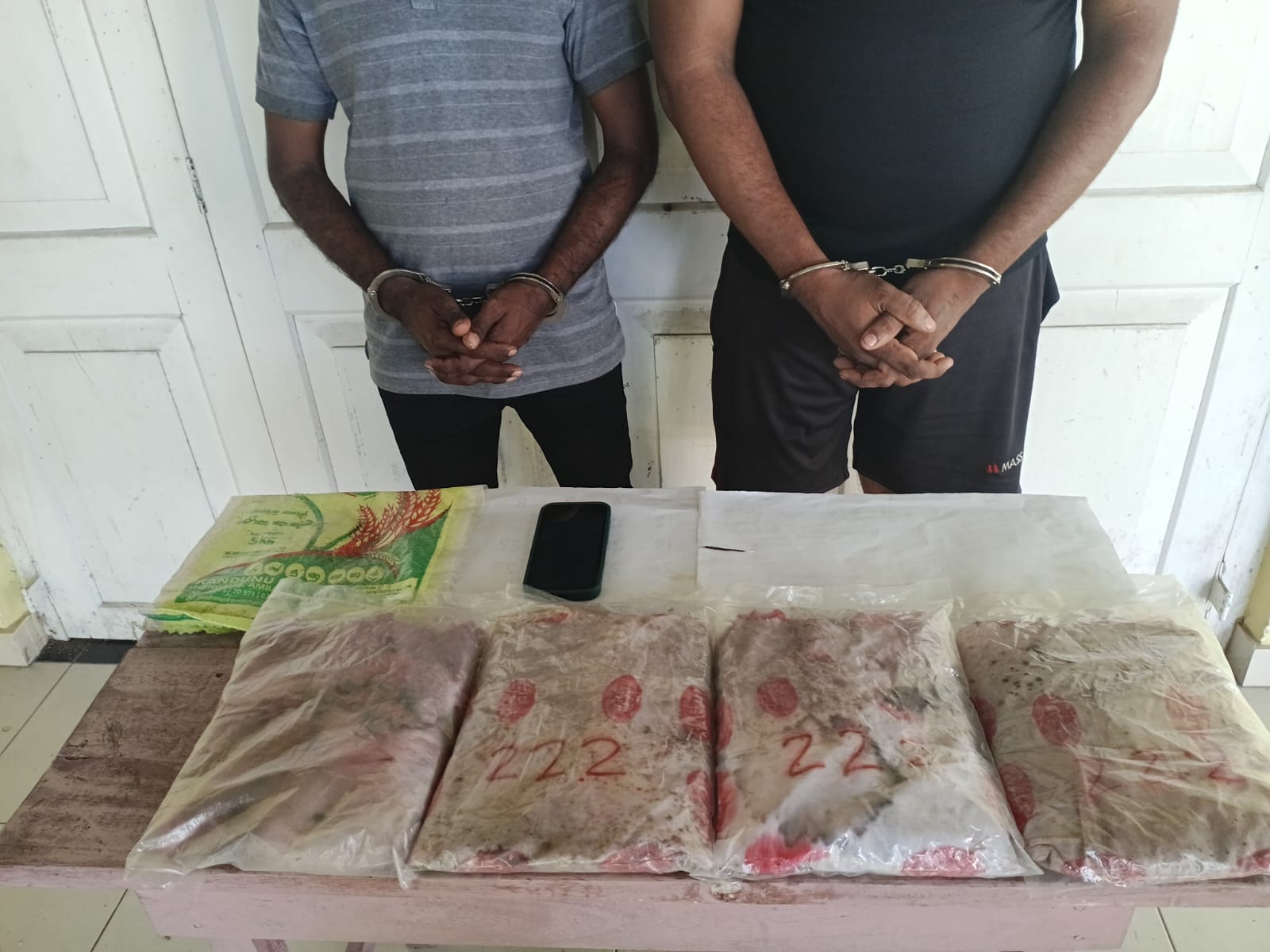
Two Arrested with Over 5 Kilograms of Heroin in Bentota
ON: February 1, 2026 -

14 Behind Bars After Fake CID Officers Heist Temple Statue
ON: February 1, 2026 -

Weather today: Rain expected in several areas
ON: February 1, 2026 -
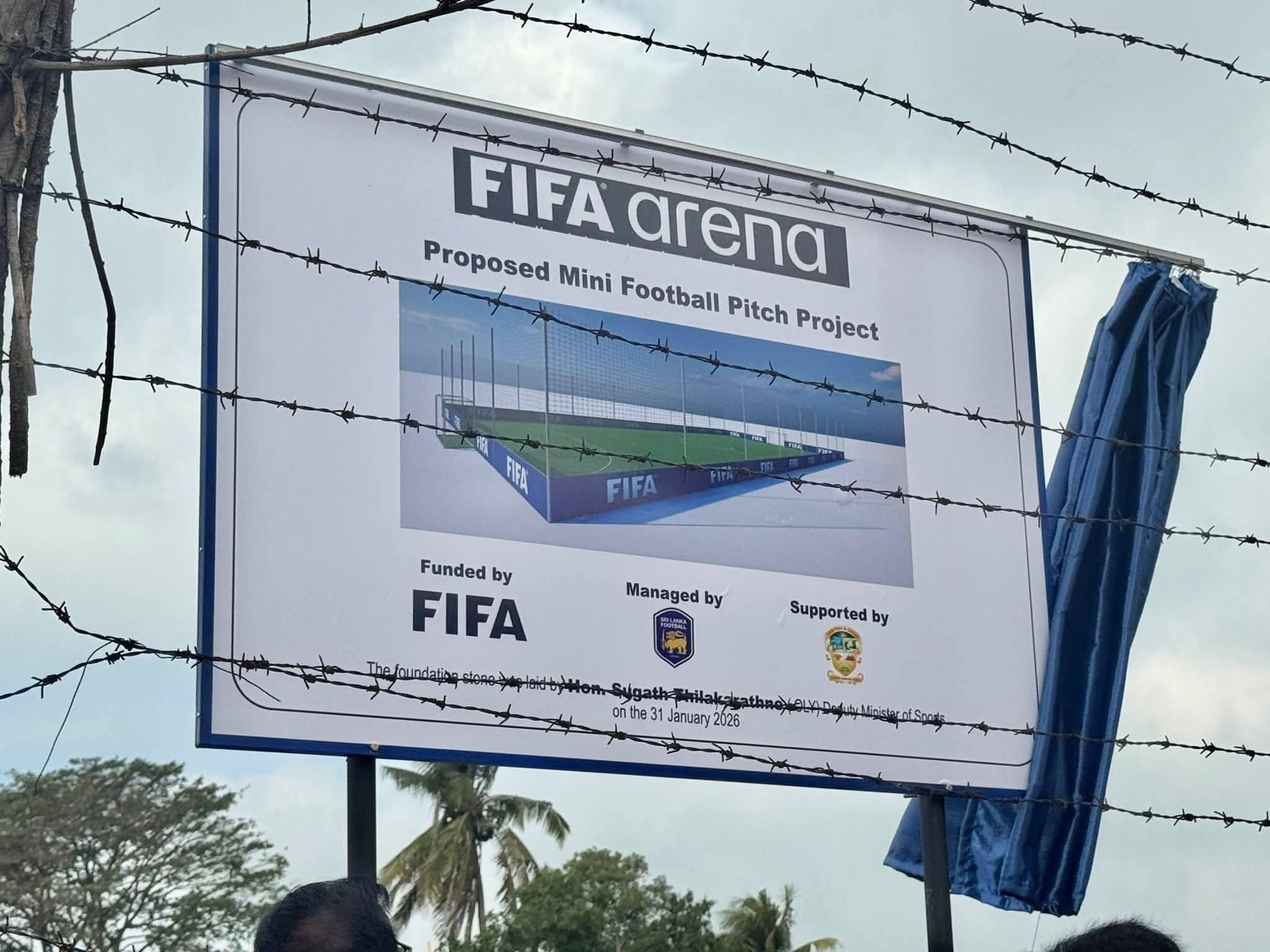
Foundation stone laid for ‘FIFA Arena’ mini pitch in Negombo
ON: February 1, 2026 -
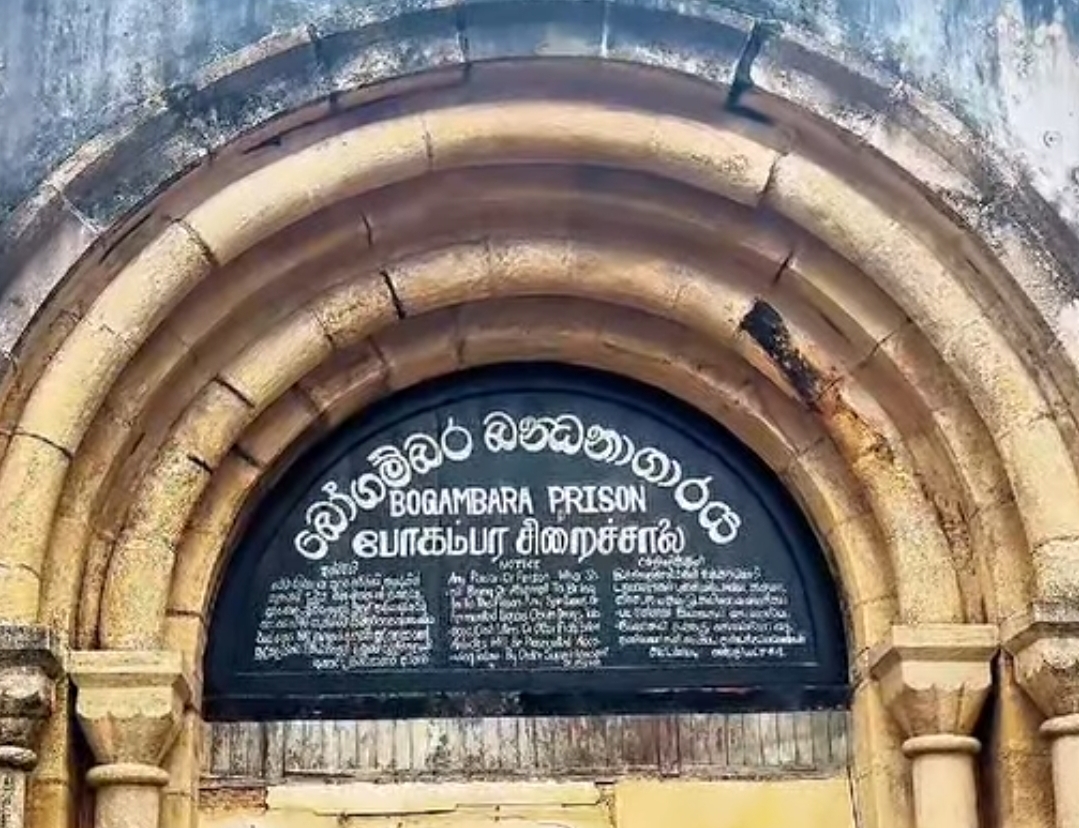
Once inmates, now tourists? Bogambara Prison opens doors to investors
ON: January 31, 2026

